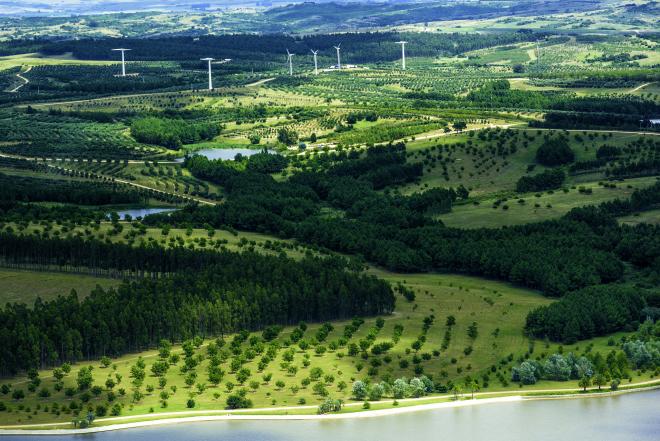In the United Kingdom, ‘public ownership’ in the energy sector has become a major demand for the Labour Party. Its real meaning, however remains ambiguous. Neither the format nor scale of public ownership in the energy sector have been clearly outlined. Many issues remain unresolved. How will public ownership be designed at the local, regional and national level? What functions will be owned publicly, and what will be left in control of the private sector? These are deep, vital questions for the Labour Party to answer in order to deliver lasting change.
Latin America has a long history of public ownership – particularly in the energy sector – and has waged a struggle against privatisation and fossil fuels since the 1990s. In particular, two countries, Uruguay and Costa Rica, have gained international attention for their rapid shifts towards renewable energy, much to the credit of their state-run energy utilities. Stories from Latin America offer a fresh perspective on the role of the state in the energy transition: stories that could be invaluable in designing the next system in the United Kingdom.
This article begins with an outline of ongoing exchanges over energy democracy and public ownership, and the options for a progressive restructuring of the energy system. It then turns to the Latin American power sector and analyses some encouraging outcomes, particularly that of Costa Rica and Uruguay.
Finally, it reflects on the role of the state in national energy transitions in order to extract relevant lessons for the United Kingdom.
Read the full report on TNI.org: https://www.tni.org/en/article/energy-democracy-and-public-ownership
